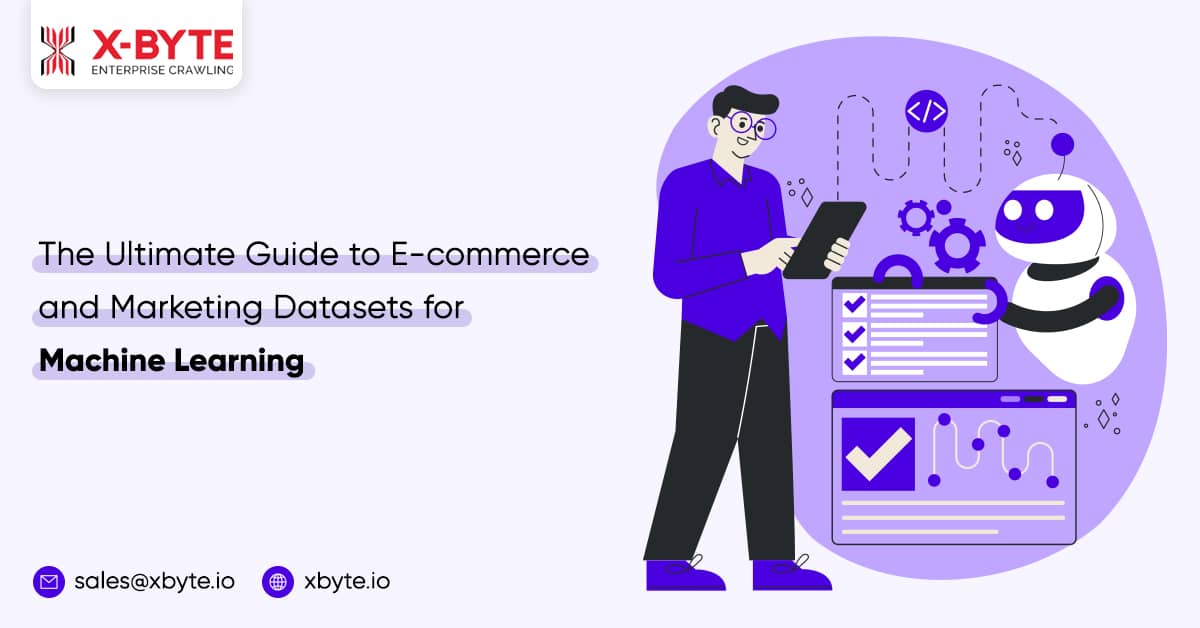
We feel the pain of going through innumerable dataset repositories. It is before finally landing on the right one to accomplish a particular task. Not all datasets are curated or available for free. Some of them may even need to match our project requirements.
E-commerce datasets are typically confidential. They are difficult to identify among publicly available data. Therefore, we also need to take care of its quality. This will ensure the highest efficiency while building the desired model. At the same time, you must ensure that your model is duplicable. It will make other data scientists’ work easier.
So, here we are to save you time and effort. We will help find the best dataset resources. This will help build highly-functional and fully-featured models. This will address your e-commerce and marketing issues. This blog is about some of the best resources for training machine learning models. This will be in the context of marketing and e-commerce issues.
1) All about E-commerce data:
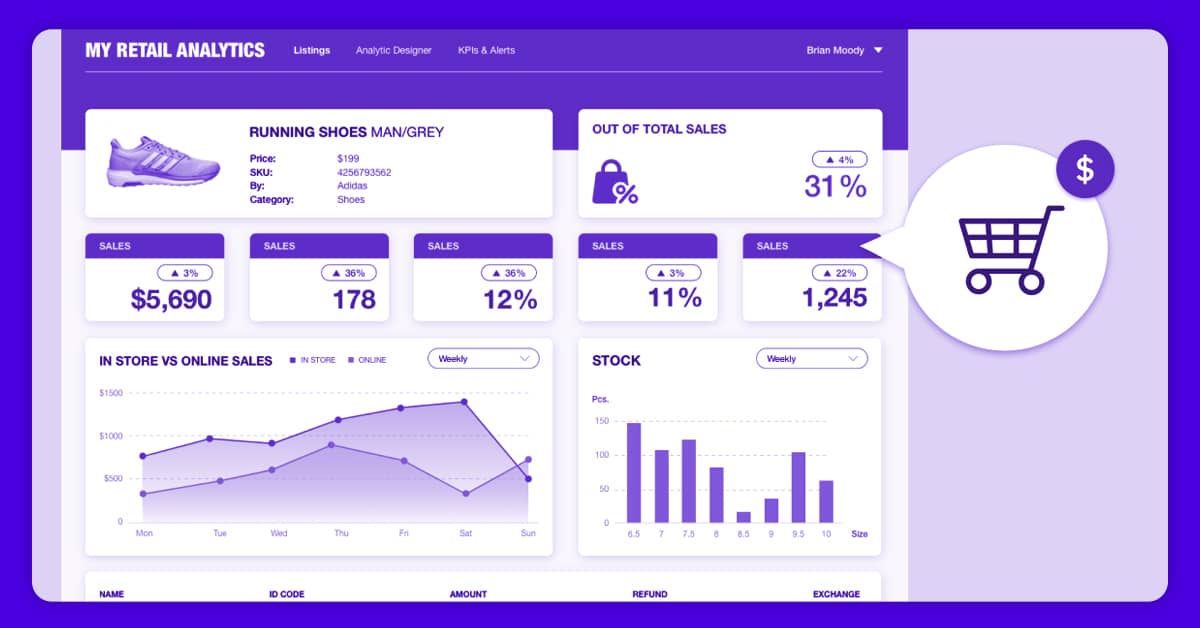
E-commerce data is a set of information. It is gathered from various online retail sites. It will be based on some parameters. This will include pricing, products, customer habits, and sales performance. Businesses having an online presence use this data to gain insightful analytics. It will be on customers’ buying behavior and search patterns. Thus, it will improve their digital marketing experiences.
Online businesses can understand the way their businesses work. They can do so using these e-commerce insights. Thus, they can stay updated on the latest market trends. Hence, they can make informed decisions. Besides, companies can also conduct competitor analysis. They can track the keywords they are ranking for. Thus, it can generate higher leads and boost online sales.
2) Several varieties of e-commerce data sets exist:

Several e-commerce datasets and APIs are available. It will help to gain real-time product and buyer behavior analytics. Businesses can also leverage the power of e-commerce data providers. They can buy and curate online market products and pricing intelligence.
Some of the standard e-commerce datasets are used by businesses. With it, they can gain accurate online data analytics, including –
E-commerce product data: You can buy information on your competitors’ product ranges. And pricing, category, and branding. Based on this info, you can set competitive pricing. You can enhance the quality of your products and services.
E-commerce sales data: You can either buy e-commerce datasets with sales information. It is like product categories or accessing various sales data through web scraping. It will help to gain an overview of how your product sales are performing.
E-commerce customer data: It provides data about customers’ buying activities and profiles. Using e-commerce customer data, you can understand customers’ interests in buying behavior. Such as brand loyalty.
E-commerce store data: It tells you about different e-commerce platforms, vendors, and merchants. This will help you stay ahead of the competition! There is no limit to the amount of e-commerce store data you can acquire from different sources. If you buy from a high-quality store, you will also get insights into the best online retailers. Such as Amazon, Shopify, Etsy, Bigcommerce, eBay, Walmart, and more.
“How will I acquire all this data?” if you ask, the best answer would be web scraping. It refers to an automated method of gathering large amounts of data. This is possible from various websites. You can hire the services of an e-commerce web scraping tool. This will help you gain insights into your competitors’ activities. You can check customer behaviors and product and pricing details. You have to fetch this data and use it to improve your online marketing. You can also improve content marketing and social media marketing strategies.
Want to scrap e-commerce website data for analysis ?
3) What consequences does Big Data have on the e-commerce sector?
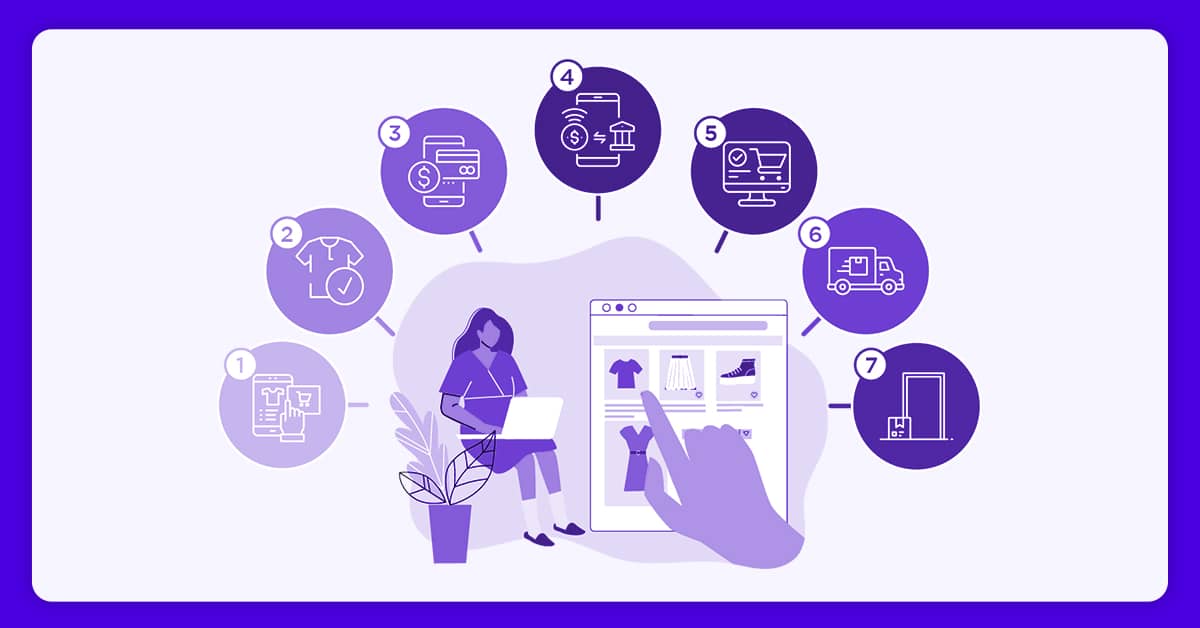
Big data’s power lies in its ability to improve your decision-making. This will enable you to improve your products, performance, pricing, and operational processes. In other words, big data can help you gain a competitive advantage. This is possible by gaining insights into customer behavior and buying patterns.
Here’s the good news. Big data and business intelligence insights are becoming more easily accessible. It is due to advanced artificial intelligence and machine learning technologies. They focus on automation, speed, and accuracy. What’s more, big data can also help online businesses manage blog titles. They can perform keyword analytics, create coupons, and identify fraudulent activities. In short, you can optimize your online marketing game using big data intelligence!
4) The different kinds of data sets:
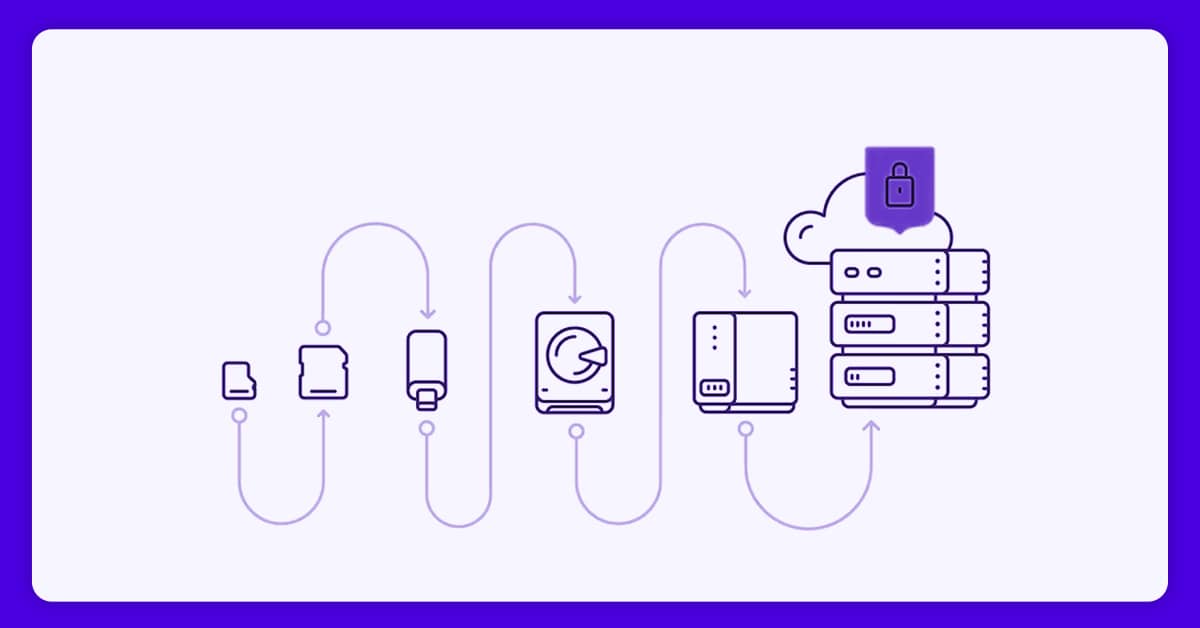
We want to simplify your dataset-searching process. This will help to create high-performing models in e-commerce. Not only that, but it is also helpful in marketing and retail industries. So, we have compiled a list of high-quality, effective, and exciting datasets.
Transactional item datasets: These datasets comprise a dedicated row for every product. These are the ones a customer purchased. Therefore, it helps you create secondary datasets on products and customers. Businesses can use transactional item datasets in various models. It is such as time series forecasting models and customer churn models. It is also helpful for customer clustering and segmentation models, etc.
Marketing response datasets: These include crucial information. It is about how well the customers responded to a particular campaign. From this data, you can identify the potential gaps in your campaigns. Thus, you can take active steps to improve or modify them. The applications of marketing response datasets include customer propensity models. It also provides marketing response, targeting, and uplift models.
Product review datasets: These are excellent for improving your NLP. It is also called (Natural Language Processing) skills. It is especially customer sentiment analysis. Product review datasets may include reviews from your competitors. It is also about your own business since both can reveal essential information. This will allow you to gain better insights. It will be about your customer’s demands and expectations.
Product datasets: Next, product datasets are yet another vital form of e-commerce datasets. It includes data on different products across diverse merchants and retailers. Besides, you can also track information on an individual retailer’s products. It will be along with their categories and pricing. The applications of product datasets include product attribution extraction models. Besides, it is also about product matching models. They help to identify similar products sold by different merchants.
Contractual churn datasets: You can usually acquire these datasets easily. They are available from telecommunications providers and SaaS businesses or retailers. Those are the ones who deal in subscription-based business models. The churns associated with these businesses differ from those in non-contractual e-commerce companies. It is because it works on the idea of a customer’s “death” (in terms of CLV or customer lifetime value).
Credit card fraud datasets: Banks can handle credit card fraud datasets pretty well. It is even if most e-commerce retailers fail to create models to detect credit card fraud. Fraudulent transactions make up a small proportion of the entire volume. However, they are generally imbalanced. Therefore, these datasets are interesting. They can help learn imbalanced classification strategies, like SMOTE.
Other sources of datasets:
Apart from the above, you can try the following sources to collect e-commerce datasets –
- Kaggle / Datasets
- Google Dataset Search
- UCI Machine Learning Repository
- Amazon Registry of Open Data on AWS
- data.gov.uk
- Microsoft Research Open Data
- Vega datasets
- Lionbridge AI Datasets for Machine Learning
- EU Open Data Portal
5) What kind of data is used to expand e-commerce?
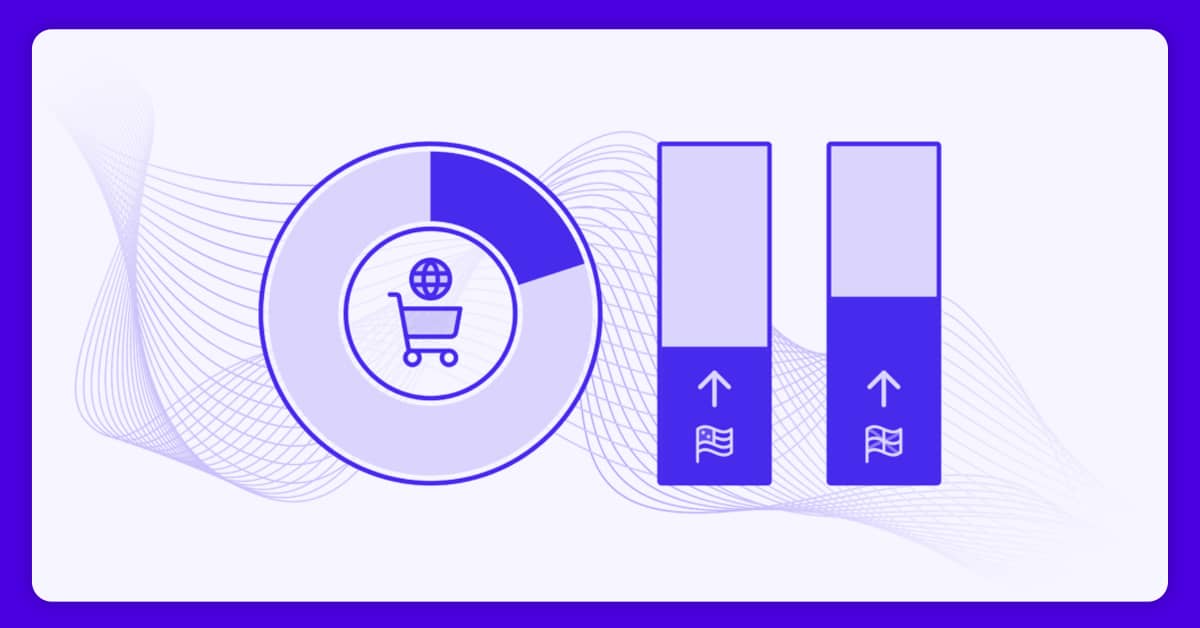
You can collect the following business intelligence data. This will help to expand your e-commerce business –
- Product Category
- Product Pricing
- Customer Behavior and Buying Habits
- Custom Profiles
- Manufacturing and Supplier Information
- Brand Information
- Product Reviews
- Competitors’ Activities and Marketing Strategies
- Keywords your Competitors are Ranking for
- Social Media Engagement
- Customer Reviews
- Preferred Payment Modes
You can instantly learn what’s going right (or wrong) in your digital marketing strategies. You can do so by collecting this vital e-commerce data through eCommerce web scraping. Thus, it will enable you to identify and fill the gaps.
Conclusion
In a nutshell, leverage the power of AI and ML technologies. This will help to gain the most vital business intelligence data. It will help to boost your business growth. We hope the above datasets will help you extract critical business data. This is possible faster and easier. Thus, it will improve your conversions and customer experiences!
